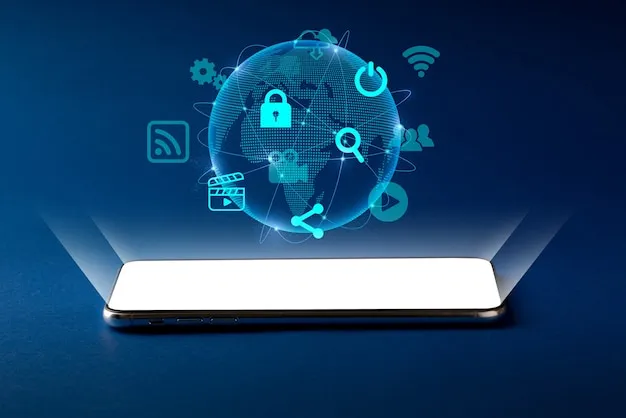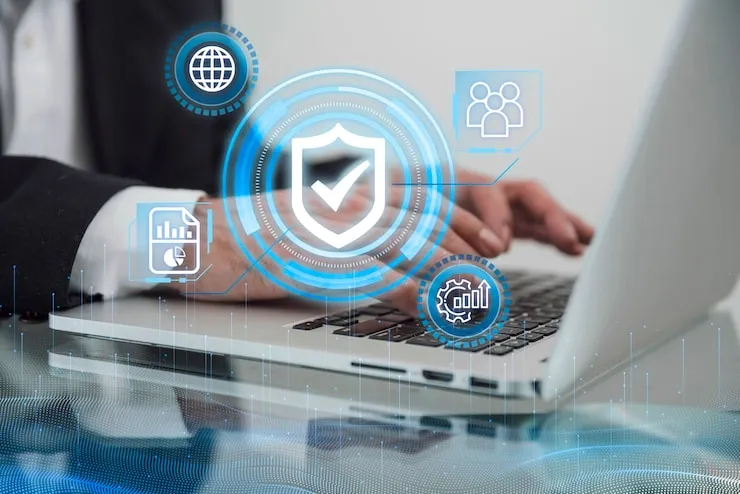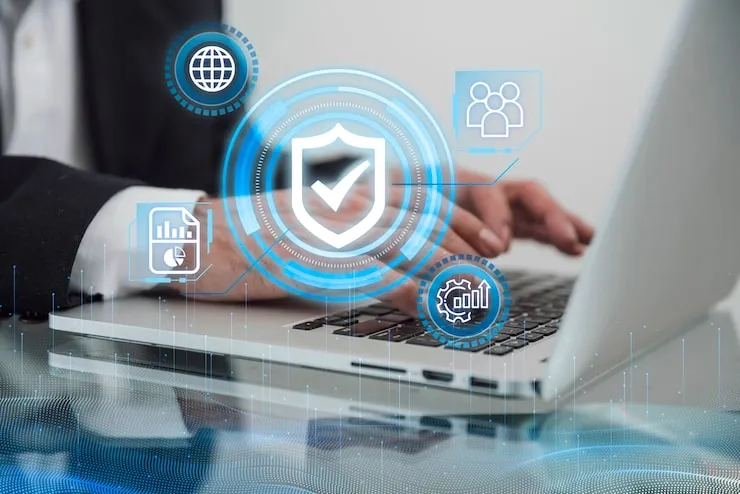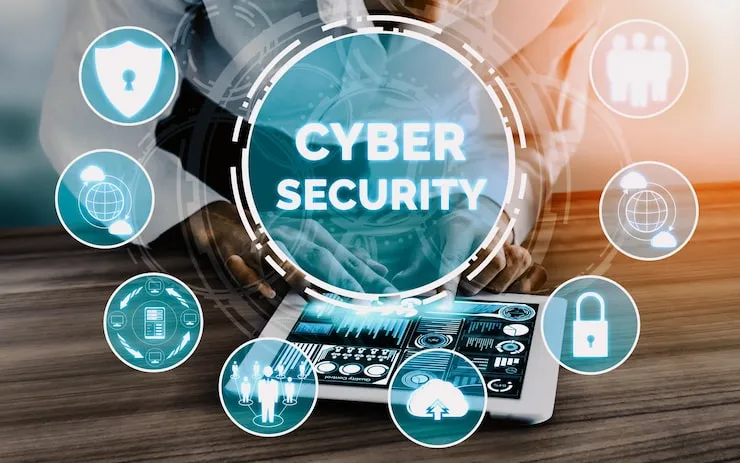In the world of fast-paced tech, two terms you often hear tossed around are cloud computing and mobile computing. They both make your digital life smoother — but they’re not the same thing. Curious about the difference between cloud computing and mobile computing? You’ve come to the right place.
We want to divide it into simple words, no technical jargon. Whether you are a student, a businessman or work in a company, or just someone using telephone and internet, will help you understand how they work, how they are connected and what it does.
To really understand the difference between cloud computing and mobile computing, let's first see what each really is.
What is Cloud Computing?
Cloud computing is about using other people's computers - on the internet. Instead of saving your files or running the program on your own laptop or phone, use an external server. These servers are managed by large companies such as Amazon Web Services (AWS), Google Cloud or Microsoft Azure.
You can access it all online to be a document on Google Drive, video streaming or use cloud -based apps like Canva or Dropbox.
So basically, cloud computing is the delivery of computing services like storage, servers, and software over the internet.
What Is Mobile Computing?
Now let’s talk about mobile computing. This is all about portability. Mobile computing helps to access data through portable devices. Like smartphones, tablets and laptops.
It works by connecting hardware and software well. You require a good network connection. With Mobile computing, you can operate at any time and anywhere.
Mobile Computing and Cloud Computing Explained Together
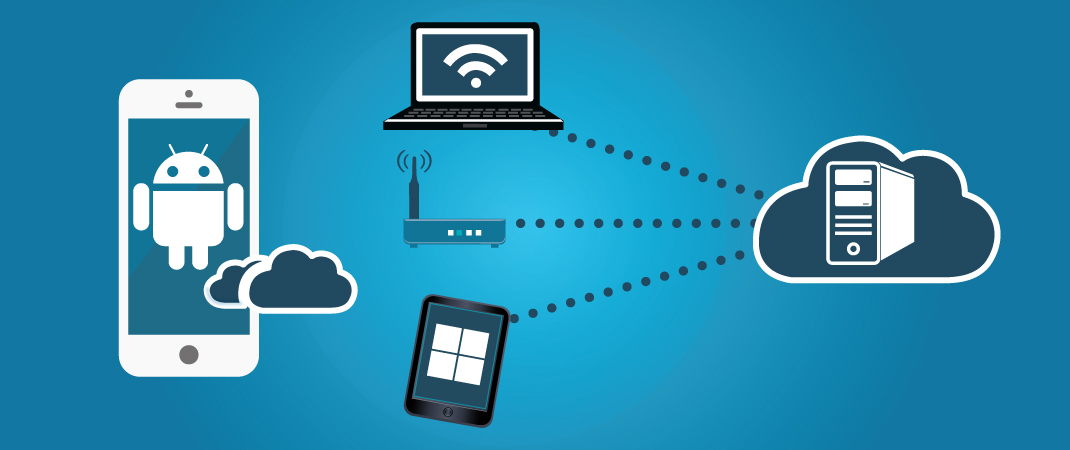
So how do they work together?
Simple. Mobile computing is the device and the freedom, and cloud computing is the power behind the scenes. When you use Google Docs on your phone, your mobile device accesses a cloud service. That’s mobile access to cloud services in action.
But here’s where things get interesting — they can exist independently too. You can have cloud computing on a desktop. And mobile computing doesn’t always need the cloud — think of using a downloaded app offline.
Key Distinctions Between Mobile and Cloud Computing
Let’s get to the real comparison. Here are some simple, clear differences.
|
Feature |
Cloud Computing |
Mobile Computing |
|
Function |
uses the internet to deliver programs, computational power, and storage. |
Allows access to computing resources on the go |
|
Dependency |
Needs internet to function |
Can work with or without internet |
|
Devices Involved |
Servers, desktops, laptops |
Smartphones, tablets, laptops |
|
Mobility |
Stationary or remote, not always mobile |
Always mobile and portable |
|
Example |
Google Cloud, iCloud, AWS |
Smartphones, tablets, laptops using apps or data on the move |
This comparison between mobile and cloud computing technologies highlights that they serve different — but often complementary — purposes.
How Are They Connected in Real Life?
Most apps you use on your phone are a blend of both.
For example:
- When you check your Gmail on your phone: Mobile computing (phone) + cloud computing (Google servers)
- Using WhatsApp: Mobile app that stores data in the cloud
- Listening to Spotify: Streaming from the cloud via mobile device
So while they’re different, they’re also inseparable in many of today’s services.
Cloud vs Mobile Computing-Which Is Better for Business Use?
It is a question of utmost importance for budding businessmen-
- Cloud computing is better for businesses that need:
- Scalable resources
- Centralized data
- Secure storage
- Collaboration tools
Think remote teams, data-heavy operations, or SaaS businesses. The cloud keeps everything in one place and accessible from anywhere.
- Mobile computing, on the other hand, is perfect for:
- Field employees
- Sales teams
- Customer support
- Real-time data entry on the go
It’s great when you need flexibility and access from anywhere, especially when paired with the cloud.
In most modern businesses, you need both. That’s why companies are investing in mobile access to cloud services more than ever.
Security: Which One’s Safer?
Both the technologies have their own challenges-
- In cloud computing, risks include data breaches, hacking, and poor configuration.
- In mobile computing, the risks are physical — like losing your device — and digital, like app vulnerabilities or public Wi-Fi issues.
That’s why businesses often use multi-factor authentication, encryption, and VPNs for both.
Advantages of Cloud Computing
- No need for expensive hardware
- Access from anywhere
- Easy collaboration
- Regular backups
- Scalable resources
It’s great for cost-saving and flexibility.
Advantages of Mobile Computing
- Work from anywhere
- Instant communication
- Supports real-time access
- Increases productivity
- Saves time
Perfect for freelancers, remote workers, and field staff.
Challenges in Both
Even with all the benefits, neither is perfect.
Cloud computing challenges:
- Internet-dependent
- Can be costly at large scale
- Privacy concerns
Mobile computing challenges:
- Battery life
- Connectivity issues
- Security risks
That’s why businesses combine robust cloud solutions with secure mobile practices to balance things out.
Future of Cloud and Mobile Computing
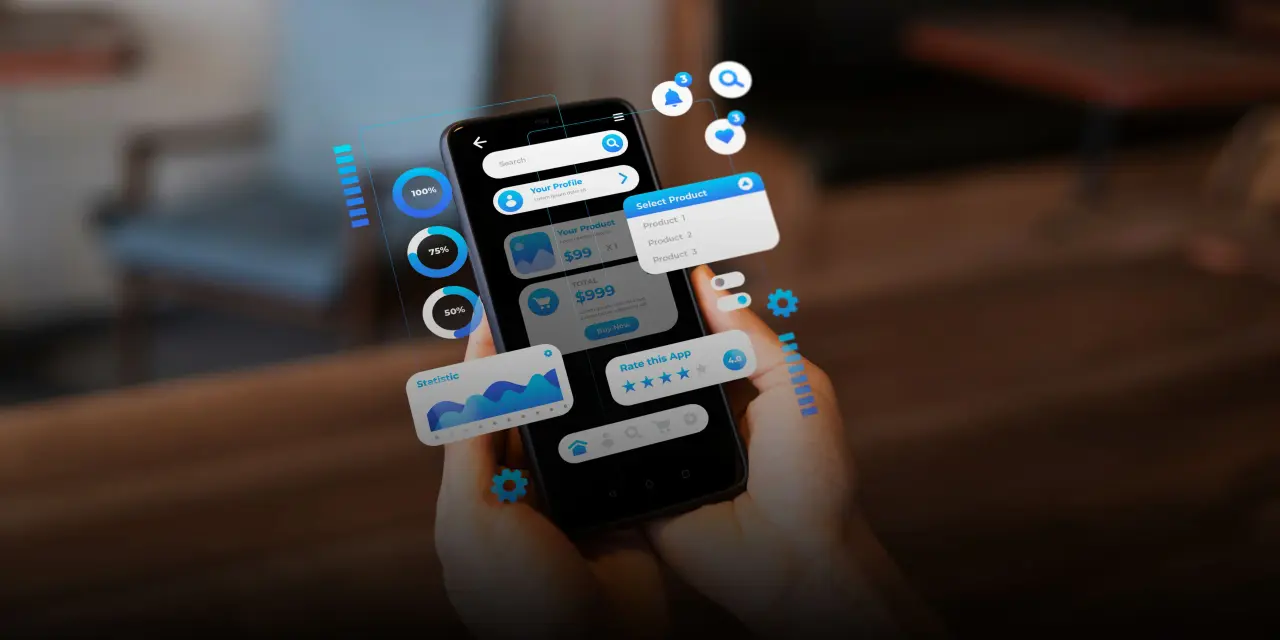
There will not be much difference between cloud and mobile computing. Here’s some predictions of 2025:
- More cloud-first mobile apps
- Growth in 5G-enabled mobile cloud solutions
- Rise in AI-powered mobile cloud services
Basically, the future is mobile + cloud. It is best when you use both the technologies together. It is the future.
Read More:- Top 5 Types of Cybersecurity Threats You Must Know
Final Thoughts
Here’s the gist of difference between cloud computing and mobile computing:
- Cloud computing powers the backend — it stores, processes, and manages data.
- Mobile computing provides on-the-go access to data.
They’re different, but not rivals. The two technologies complement each other.
Next time you open an app, stream a song, or send an email — you’re likely using both. Now that’s smart tech in action.
FAQs:-
Q1: Can mobile computing work without cloud computing?
Yes, but many apps and services rely on cloud storage today.
Q2: What’s an example of cloud computing?
Using Google Drive, iCloud, or Dropbox to store files online.
Q3: Which is better for a remote business team?
particularly when combined with mobile access, cloud computing.
Q4: Is mobile access to cloud services safe?
Yes, if protected with encryption, VPNs, and secure apps.
Q5: Are cloud and mobile computing the same?
No. One is about data processing and storage, the other is about mobility.



